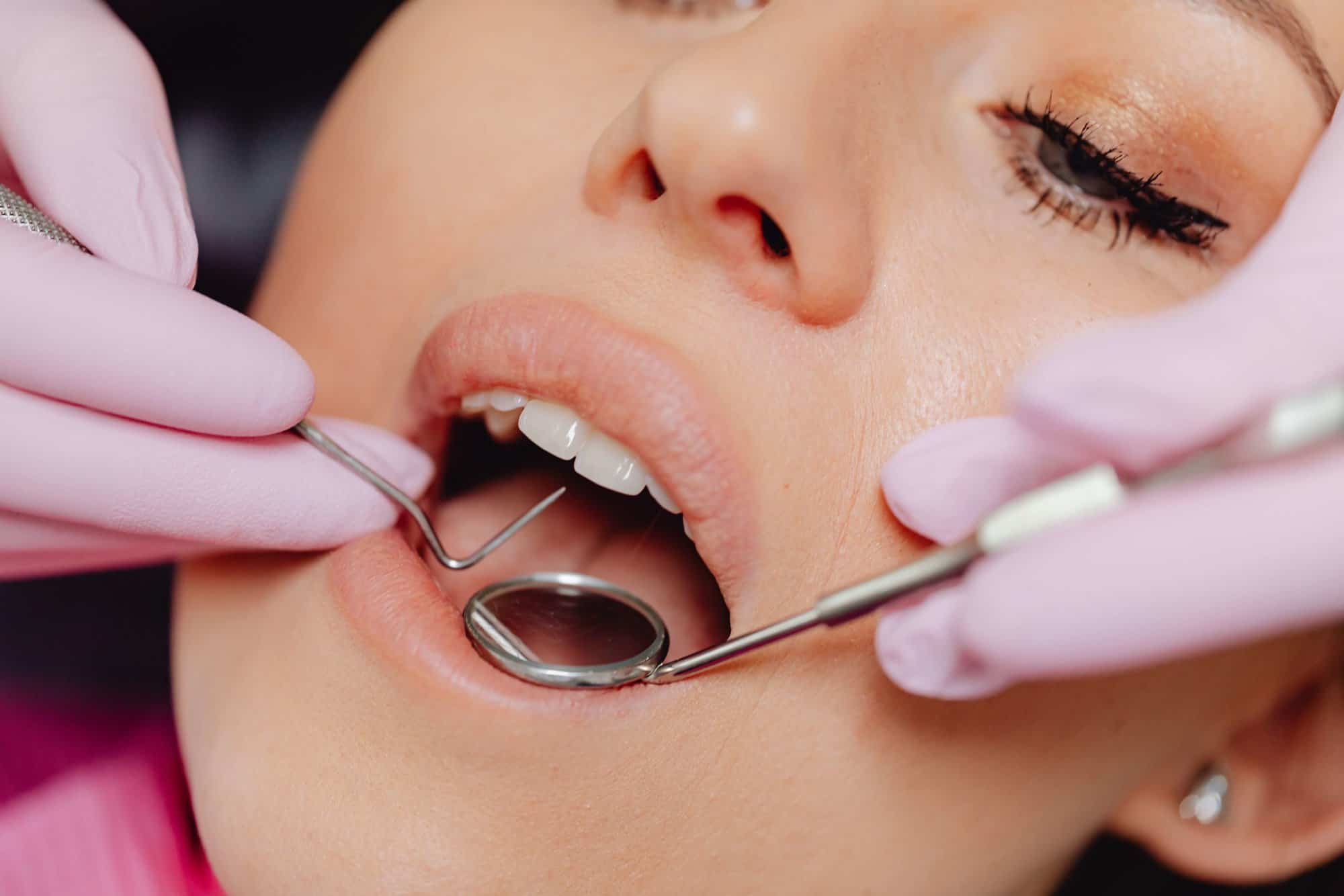
What is Pulpitis? Pulpitis Explained
While you may be unaware of the term pulpitis, it is a serious dental issue that is important to understand so its symptoms don’t go untreated and cause even more issues. Pulpitis refers to the pulp of your tooth becoming inflamed and infected. Pulpitis is inflammation of your tooth’s dental pulp due to deep cavities, trauma, or extensive dental repair.
Let’s take a look at how pulpitis is diagnosed, and what treatments are used to help moderate to severe cases.
What is Pulpitis?
Inside each tooth there is a section of pulp that contains the blood and nerves for the tooth. When pulpitis occurs, it causes a painful swelling and inflammation of the pulp and it can affect more than one tooth at a time. Tooth decay can spread into your pulp and this is when pulpitis begins to affect your pulp and roots.
Depending on how severe the inflammation is, you could either be dealing with reversible or irreversible pulpitis and each comes with its own symptoms and treatments.
Two Types of Pulpitis
Reversible Pulpitis
With reversible pulpitis, the inflammation is milder and the tooth’s pulp is healthy enough to be saved by getting a tooth filling. Reversible pulpitis comes with some tooth pain and sensitivity.
Irreversible Pulpitis
Irreversible pulpitis happens when the inflammation has completely damaged the pulp, which can’t be saved. This can lead to an infection called periapical abscess that develops at the root of the infected tooth which can form pockets of pus. This infection can spread to other parts of the body if not treated and can infect the sinuses, jaw, or even brain.
With irreversible pulpitis, the person affected will deal with spontaneous pain that can be quite severe. A stimulus, usually something hot, will exacerbate the pain. The pulp can begin to die, and will cause the infection inside the tooth. This can lead to periapical abscesses. These abscesses can cause the tooth to raise up from the inflammation and be sensitive to pressure and when the person bites down.
Symptoms
The symptoms for reversible pulpitis can be:
- Sensitivity to sweet foods or drinks
- Sensitivity to cold that only lasts for a few seconds
- Sharp pain
The symptoms for irreversible pulpitis can be:
- Intense pain
- Spontaneous pain
- Sensitivity to cold
- Sensitivity to heat
- Pain when the tooth is hit/tapped
- Swelling around tooth and gums
- Fever
- Bad breath
- Pain that seems to move around the mouth
- Trouble figuring out which tooth is causing the pain
Causes
Pulpitis can be caused by:
- A cracked tooth, which is a fracture in your tooth that can reach into your dental pulp, expose the dentin and pulp, and cause inflammation which can lead to pulpitis.
- Cavities are the most common cause of pulpitis as tooth decay can cause holes in your teeth. Tooth decay can also spread deep into your teeth and affect your dental pulp and roots.
- Dental work, such as filling, crown, or other dental work. This can cause reversible pulpitis that can be fixed once the original dental work is repaired.
- Periodontitis, which is advanced gum disease, can cause bone loss, which can lead to pulpitis.
Diagnosis
To get diagnosed with pulpitis, you need to have a clinic evaluation or dental x-ray. An x-ray can help determine whether the tooth’s inflammation has extended beyond the tooth apex and help exclude other conditions. Your dentist may also choose to use an electric pulp tester, which can indicate whether the pulp is alive but cannot say if it is healthy or not.
Treatment
To treat pulpitis, there are a few treatments available, such as:
- Drilling and fillings for reversible pulpitis
- Root canals, crowns or tooth extraction for irreversible pulpitis
- Antibiotics are used in conjunction with pain killers for infections that cannot be resolved with local measures
Get Comprehensive and Compassionate Care with Carrie Muzny DDS
Carrie Muzny DDS offers the highest-quality dental services and care for our patients in The Woodlands and surrounding areas. With state-of-the-art technology and a vast range of procedures, from cosmetic to restorative, we stay at the top of our field and deliver smiles as sunny as the state of Texas.
With regular brushing, flossing, and dental checkups, you can keep your teeth healthy and strong. Don’t wait until you have a toothache or sensitive teeth to visit. Let us help you get that perfect smile! Contact us today or request a virtual consultation!

